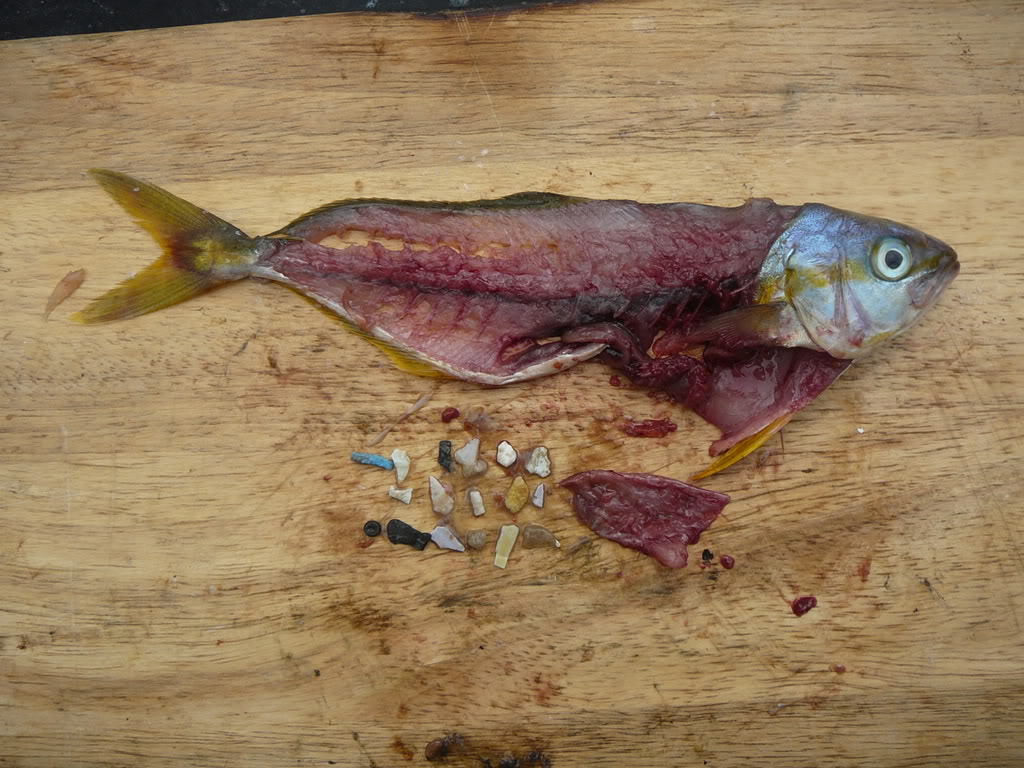
A major cosmetics industry association has made a big move towards reducing plastic pollution in the world’s oceans after recommending that its 4,000 members phase out the use of microplastics in wash-off cosmetic and personal care products.
The recommendation by Cosmetics Europe—the ‘voice of Europe’s EUR 58.1 billion cosmetic, toiletry and perfumery industry’—was cautiously welcomed by conservation NGOs Fauna & Flora International, Marine Conservation Society, (MCS) and Seas at Risk, which called the move an ‘important first step’ for reducing plastic litter in the marine environment.
Found in facial scrubs and hand cleansers since their introduction in the late 1990s, microplastics or ‘microbeads’ are used as a skin exfoliators, have replaced traditionally-used natural ingredients like ground apricot kernels, crushed walnut shells, dried coconut and pumice as skin exfoliants.
According to one study quoted in The Independent, in the US alone, 1,200 cubic metres of microplastic beads are estimated to be flushed down drains each year.
When washed off, the microplastics—too small to be filtered out by the sewer systems—pass into the rivers and oceans, contaminating a wide variety of freshwater and marine wildlife by carrying deadly toxins into the animals that ingest them.
‘Plastic has no place in personal care products,’ said Seas At Risk Marine Litter Policy Officer Emma Priestland, ‘and this is a great first step to tackling this source of pollution, but voluntary agreements with a limited scope are not enough.’
‘For the next step, it is vital that we secure European-wide legislation to ensure that all plastic is removed from products that go down the sink and into the ocean.’
Speaking on behalf of his association Mr. Loïc Armand, President of Cosmetics Europe, said:
’Cosmetics Europe and its membership are addressing public concerns, and committing to work with regulators on a science based approach to the issue of plastic micro particles.’
‘We are also committed to building, with other international associations, global alignment of the cosmetics industry on this issue.’
